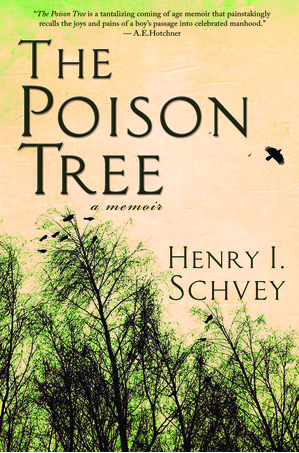Share the post "Book Review: Lucy by Ellen Feldman"
by Julie Failla Earhart
 Tackling historic figures is nothing new for author Ellen Feldman. With such novels as Scottsboro and The Boy Who Loved Anne Frank, Feldman is a pro at researching historic eras. With Lucy, Feldman digs into the life of one of the more obscure yet highly controversial women of the mid-twentieth century, Lucy Mercer Rutherford. Lucy is better known as the mistress of Franklin Delano Roosevelt.
Tackling historic figures is nothing new for author Ellen Feldman. With such novels as Scottsboro and The Boy Who Loved Anne Frank, Feldman is a pro at researching historic eras. With Lucy, Feldman digs into the life of one of the more obscure yet highly controversial women of the mid-twentieth century, Lucy Mercer Rutherford. Lucy is better known as the mistress of Franklin Delano Roosevelt.
Lucy narrates the story that is told in a long flashback, beginning in 1914. Lucy is hired as the private social secretary of Eleanor Roosevelt. At work, she meets Eleanor’s husband Franklin, the then-assistant Secretary of the Navy. Franklin was young and virile, many years before the polio invaded his body.
Lucy wasn’t the world’s most breathtaking beauty. She had blue eyes and thick auburn hair. No one can be sure why Franklin was drawn to her. For her, Franklin was always upbeat and gregarious. Their affection for each other culminated in a torrid affair that began in 1916. Eleanor discovered their tryst when she happened upon a package of letters as she was unpacking Franklin’s suitcase.
Eleanor was not a shy woman. Realizing how much in love the two were, she offers Franklin a chance to divorce. Franklin is eager to rid himself of Eleanor until his advisers warn him that divorce would dash his presidential hopes and anger his mother enough to cut him off. Like all good politicians, he supposedly brings the affair to an end. However, the affair goes underground. Many believe the affair to be over, but Lucy helps Franklin through many political and personal crises, including the devastating polio that attacked him in 1921 when he was 39 years old.
The affair comes to light again in 1941 during World War II when Franklin is President of the United States for an unprecedented four terms. He needs her and she needs him. Lucy is at his bedside when he passes away in Warm Spring, Georgia, in 1945.
Feldman dares to write this historical novel from the perspective of the “other woman,” a feat that is rarely tackled. Her story is well-told, but tends to lack a certain depth. I often found Lucy making a statement from the present that created discord in the story’s flow, throwing the reader out of the narrative. The book is overall brave, but not quite on the mark.


